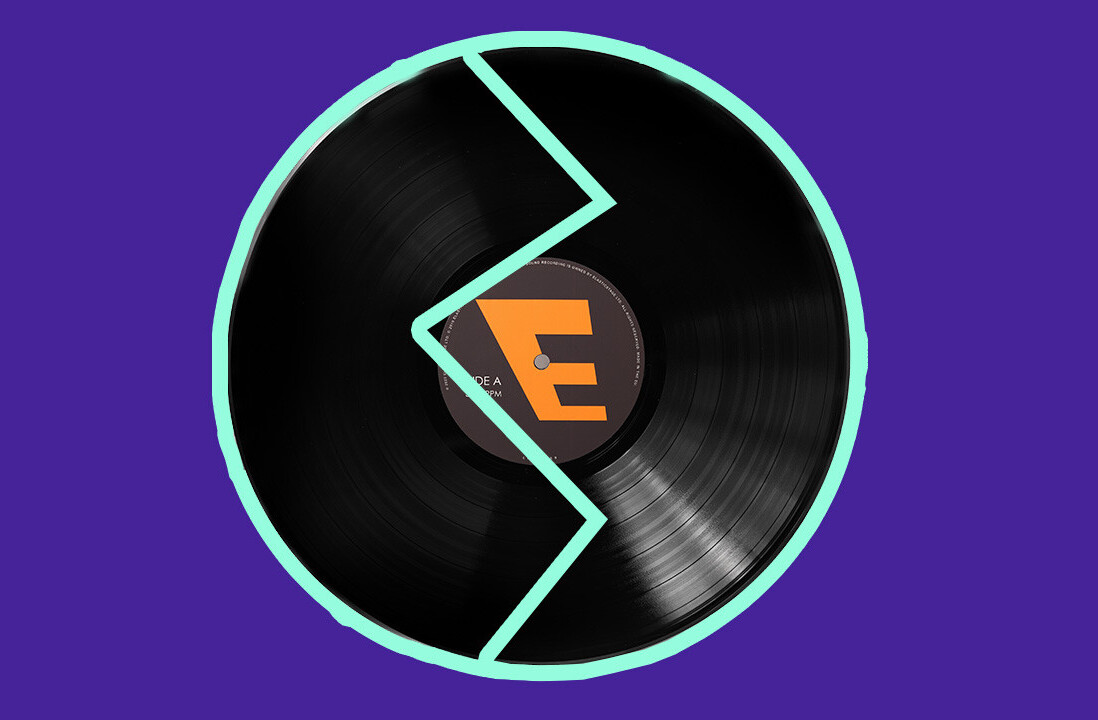Google released the first developer preview of Android 13 last night. This early build has some interesting new features like Material You theming for all apps, but thanks to Android sleuth Mishaal Rahman, I found one in here that I’ve wanted for years: runtime notification permissions.
It’s basically an easily overlooked, but essential component of how notifications work — and I hope I can get you just as excited as I am about this feature by the time you’re done reading this.
What’s runtime notification permission?
In simple words, apps in Android 13 will ask for your permission to send you push notifications when they’re first launched — as opposed to you changing those settings after you’ve been annoyed by one too many unwanted alerts.
This is not the first time we’ve heard about it. In January, Android Police posted a screenshot of what the popup screen for this permission looks like.

If we go by this screenshot, we can see there are just two options to specify whether you want to receive notifications from a freshly installed app: Yes and No. Pretty simple, eh?
Why should you care?
Calm. That’s the crux of it. On Android, when you install an app, you’re automatically signed up to receive all of its notifications. If you don’t want to receive them, you need to tinker with settings or long-press a notification to turn them off. And some apps don’t group different types of notifications (like promotions and crucial transaction alerts) properly — so when you turn these off, you risk missing essential ones.
With this new API, you’ll get the option to turn them off right when you install the app. And fewer notifications are always great for your mental health.
For instance, a video streaming app I installed today will send me notifications for so many events (check the screenshot below) — and I haven’t even signed in yet. It’s better to have them off by default.

How does it compare with iOS?
One of my favorite things about using an iPhone is that apps have to specifically ask me if I want to get notifications. Most of the time my answer is no, because I don’t want to clutter my lock screen, or get annoyed when the screen lights up because of stupid alerts.

According to a study published last year by Clevertap, a mobile marketing company, notification opt-in for Android users is 91%, vs 44% for iOS users. This is largely due to the automatic opt-in nature of Android.
With Android 13 we’ll hopefully see more apps adopting the new model, and we can see that number going down drastically.
So when is it coming?
We’ve just seen a glimpse of this feature in Android 13 APIs. The stable version of the operating system will be released this year, likely past July. But this doesn’t mean we’ll get this feature at that time.
As Android Police and Rahman explain, apps targeting API 32 (Android 12L or lower) won’t be required to adhere to these notification permission settings.
Currently, Google Play’s minimum target API requirement level is 30 (Android 11). Assuming Android 13’s API level is 33, we might see Google mandating this by the end of this year or early next year.
So, expect Android apps to finally learn some manners and ask for your permission in 2023. Till then, you can use this guide to control your app notifications.
Get the TNW newsletter
Get the most important tech news in your inbox each week.






